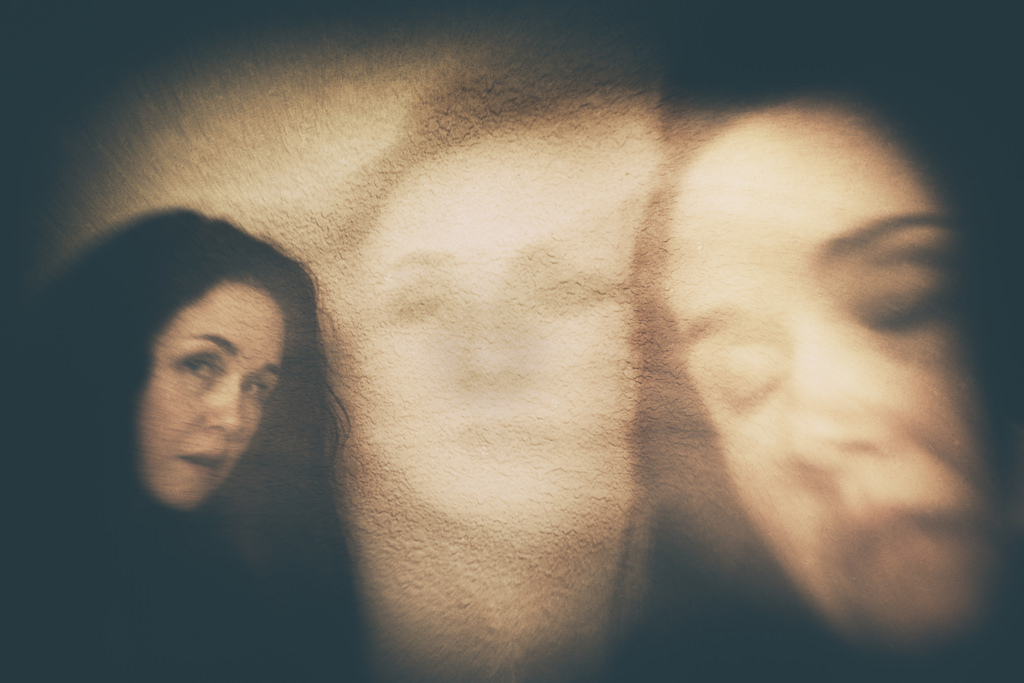In a ground-breaking research, Neuroscientists confirm missing memories of patients of Alzheimer’s diseases are not permanently lost, but only stored at the portion of the brain where they can’t just be easily accessed.
The good news is that ‘they can be retrieved.’
Susumu Tonegawa, the director of the RIKEN-MIT Center for Neural Circuit Genetics at the Picower Institute for Learning and Memory, says:
The important point is, this a proof of concept. That is, even if a memory seems to be gone, it is still there. It’s a matter of how to retrieve it.
Researchers claim the ‘lost memories’ can still be restored artificially.
A technique known as optogenetics was used to stimulate the lost memories of mice, though cannot be used currently on humans; researchers said there is possibility of developing future treatment that could be used at the early stage of Alzheimer’s disease.
At Tonegawa’s lab, scientists wondered how memories were being lost at the early stage of Alzheimer’s disease, having seen how mice with retrograde amnesia and impaired memory were able to form new memories.
To ascertain the possibility, two different strains of mice that were genetically engineered to develop Alzheimer’s symptoms were compared with a control group of healthy ones.
When let out again to receive a foot shock in a chamber where they all had one, researchers noted that all the mice showed fear at the second time. But when placed in the same chamber some days later, only the healthy ones showed fear.
The Alzheimer’s mice couldn’t recall their experiences when prompted by natural cues, but researchers claim those memories are still there.
Dheeraj Roy, an MIT graduate student, says:
Short-term memory seems to be normal, on the order of hours. But for long-term memory, these early Alzheimer’s mice seem to be impaired.
To prove that those memories are still there, researchers tagged the engram cells associated with the fearful experience with a light-sensitive protein called channelrhodopsin.
This made the Alzheimer’s mice to show fear immediately even when placed in a chamber they had never seen before.
If we want to recall a memory, the memory-holding cells have to be reactivated by the correct cue, said Tonegawa, Picower Professor of Biology and Neuroscience, also the senior author of the study.
If the spine density does not go up during learning process, then later, if you give a natural recall cue, it may not be able to reach the nucleus of the engram cells.
Read also: 9 Adorable Recreated Photos That Help Fight Ageism
This suggests that it is indeed an access problem to the information, not that they’re unable to learn or store this memory, Roy added.
Lost memories may just be inaccessible, but can be retrieved.

